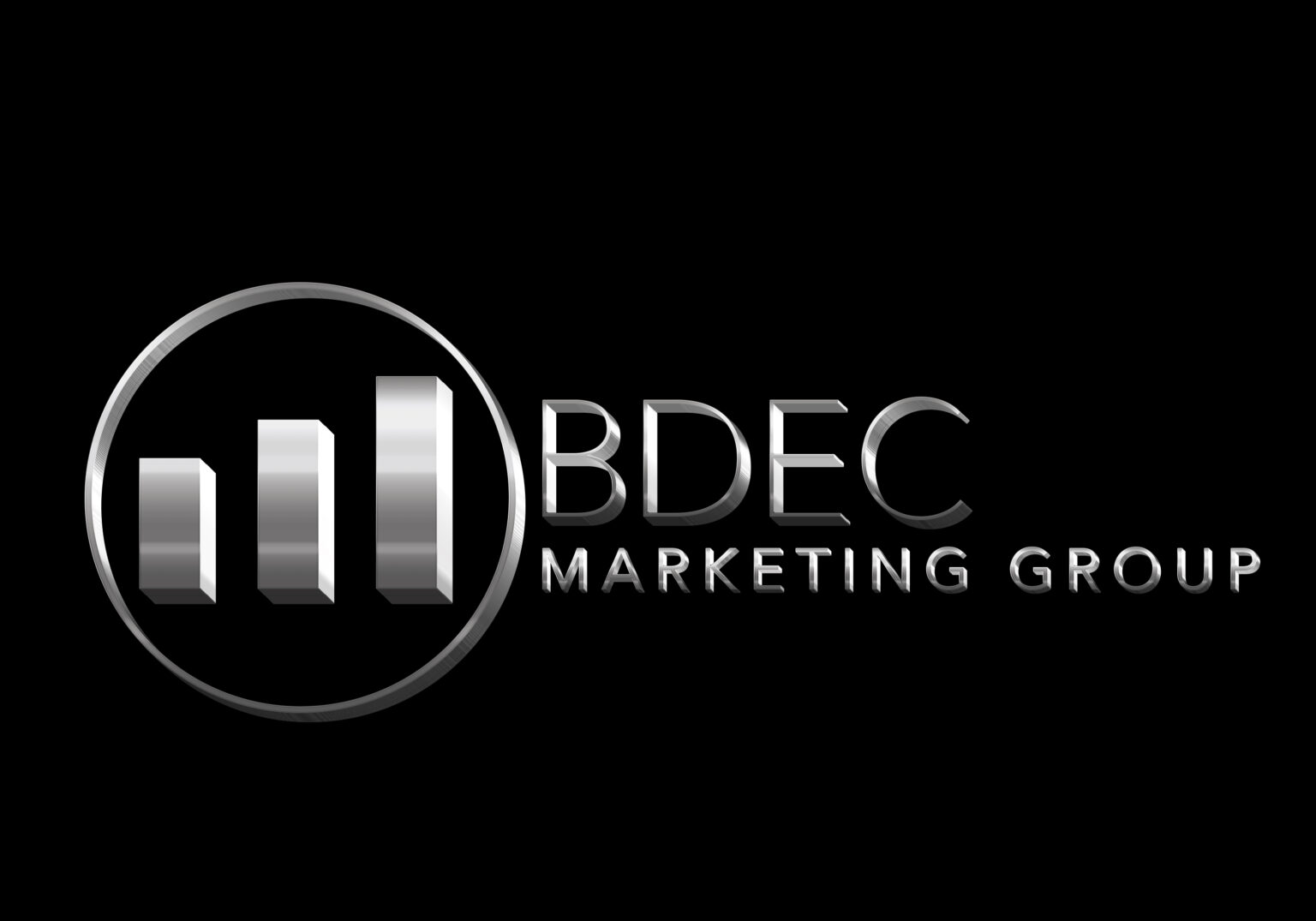In a world where competition among attorneys is fiercer than ever, establishing a strong brand identity is crucial for success. Branding goes beyond logos and slogans; it encompasses your reputation, values, and how clients perceive you. As a Fractional Chief Marketing Officer (CMO), I have worked with numerous attorneys to develop and implement effective branding strategies. In this article, we will explore the essential elements of brand building for attorneys and discuss strategies that can help your legal practice stand out in the market.
The Significance of Branding for Attorneys
1. Differentiation
In a saturated legal market, establishing a distinct brand identity is essential. It helps you stand out from competitors and highlights what sets you apart. Effective branding communicates your unique value proposition to potential clients.
2. Trust and Credibility
Clients seek attorneys they can trust. A strong brand instills confidence in your abilities and integrity. It assures clients that they are making the right choice in selecting your legal services.
3. Consistency
Consistency in branding creates a cohesive and memorable image. It ensures that every interaction a client has with your practice reinforces the same message, leading to a strong and lasting impression.
4. Client Loyalty
A well-defined brand fosters client loyalty. Clients who connect with your brand are more likely to return for future legal needs and refer your services to others.
5. Pricing Power
Establishing a reputable brand allows you to charge premium rates for your legal services. Clients are willing to pay more for the perceived value and expertise associated with a strong brand.
Developing a Robust Brand Identity
Building a strong brand identity involves a combination of strategic planning and creative execution. Here are key steps to develop a robust brand identity as an attorney:
1. Define Your Unique Value Proposition (UVP)
Identify what sets you apart from other attorneys. Your UVP should communicate why clients should choose you over competitors. It could be your expertise in a specific area of law, a unique approach to client relationships, or a commitment to exceptional service.
2. Understand Your Target Audience
A deep understanding of your target audience is essential. Create detailed buyer personas that represent your ideal clients. Consider their demographics, pain points, motivations, and legal needs. Tailor your brand messaging to resonate with this audience.
3. Craft a Compelling Brand Story
A compelling brand story helps clients connect with your practice on a personal level. Share the journey that led you to become an attorney, your passion for helping clients, and the values that drive your practice. Authentic storytelling humanizes your brand.
4. Design a Memorable Visual Identity
Your logo, color scheme, and overall visual branding play a significant role in brand recognition. Invest in professional design that aligns with your brand’s personality and values. Consistency in visual branding across all touchpoints is key.
5. Define Your Brand Voice
Your brand voice should reflect your practice’s personality and values. Whether it’s professional and authoritative or approachable and empathetic, consistency in tone and messaging is crucial.
Brand Building Strategies for Attorneys
Now that you’ve established the foundation of your brand identity, let’s explore actionable strategies to build and strengthen your brand as an attorney:
1. Content Marketing
Content marketing is a powerful tool for attorneys to demonstrate their expertise and provide value to potential clients. Create informative blog posts, articles, videos, and webinars that address common legal issues and questions. Consistently sharing high-quality content positions you as a knowledgeable authority in your field.
2. Thought Leadership
Position yourself as a thought leader by contributing articles to legal publications, speaking at conferences, or participating in expert panels. Thought leadership enhances your credibility and visibility within the legal community and among potential clients.
3. Client Testimonials and Case Studies
Leverage client testimonials and case studies to showcase your successful outcomes and satisfied clients. Authentic feedback from past clients builds trust and provides social proof of your legal expertise.
4. Community Engagement
Engage with your local community by participating in pro bono work, volunteering, or sponsoring events. Active involvement in your community demonstrates your commitment to making a positive impact beyond your legal practice.
5. Online Reviews and Reputation Management
Encourage satisfied clients to leave positive reviews on platforms like Google My Business and Avvo. Actively manage your online reputation by responding to reviews, addressing concerns, and maintaining a professional online presence.
6. Social Media Marketing
Engage with your audience on social media platforms such as LinkedIn, Twitter, and Facebook. Share relevant legal insights, engage in discussions, and connect with potential clients. Social media allows you to humanize your brand and build relationships.
7. Email Marketing
Maintain a regular email newsletter to keep clients and subscribers informed about legal updates, industry insights, and firm news. Email marketing is an effective way to nurture client relationships and stay top of mind.
8. Networking
Build strong professional relationships within the legal community and beyond. Networking can lead to referrals and collaborations with other professionals. Attend legal association events, join local business groups, and connect with peers.
9. Website Optimization
Optimize your website for search engines (SEO) to improve your online visibility. Ensure that your website is user-friendly, mobile-responsive, and offers valuable information for potential clients.
10. Client-Centric Approach
Put your clients at the center of your brand strategy. Focus on delivering exceptional client experiences, providing clear communication, and exceeding client expectations. Happy clients are more likely to become brand advocates.
Measuring and Adapting Your Brand Strategy
To ensure your branding efforts are paying off, it’s essential to measure their impact and adapt as needed. Use key performance indicators (KPIs) such as website traffic, lead generation, client feedback, and brand recognition to assess your brand’s effectiveness. Continuously refine your strategies based on data and feedback to strengthen your brand over time.
Building a strong brand identity is an ongoing journey that requires dedication, consistency, and authenticity. As an attorney, your brand is a reflection of your expertise, values, and commitment to your clients. By following these brand building strategies and staying true to your unique value proposition, you can establish a powerful brand presence that resonates with clients and sets you apart in the competitive legal landscape. Your brand is not just a logo or a tagline; it’s the promise you make to your clients and the reputation you work tirelessly to uphold. Embrace the power of branding and watch your legal practice thrive.
Book a free consultation with us today and learn how we can help you build your brand strategy.




